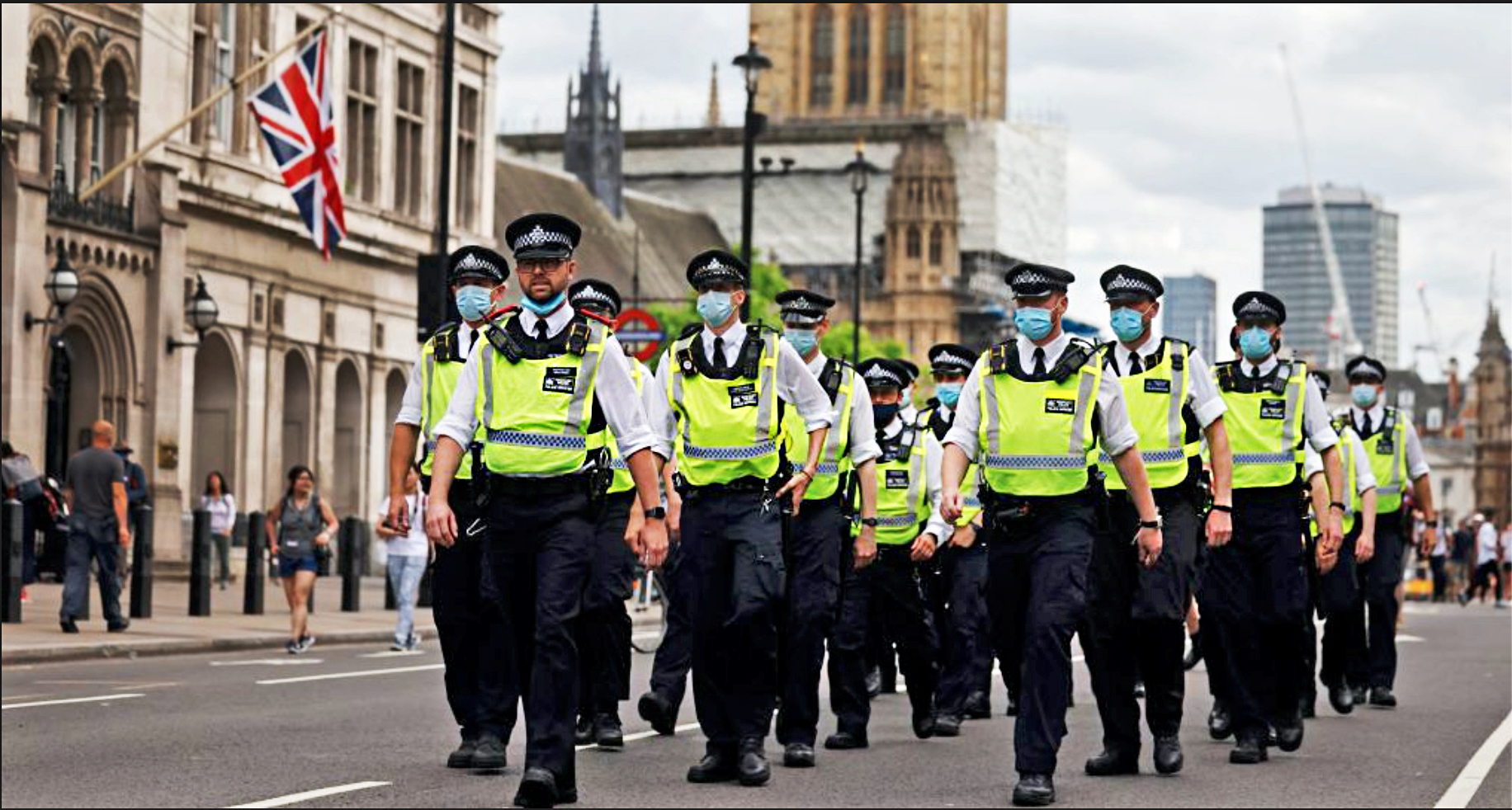You may have noticed, but it’s been hot lately (well, it was until yesterday). And if you’re anything like me, the hot weather does not help your brain. I’ve been pouring tepid water down my throat, got the space heater switched to “fan”, been reluctantly putting a T-shirt back on to do Zoom calls; but still I’m running at about 75% mental capacity.
Other things happen in hot weather, too. Notably, people start murdering each other more. (For example, in London just the other day.)
This is a well-observed correlation: studies repeatedly find that in hot weather, violent crime goes up, in both laboratory settings and observational real-world studies. (For eg 1976, 2000.) It’s found in cities all over the world; it’s found in different eras. It’s so ubiquitous a finding that it is used in Statistics for Dummies to show the difference between correlation and causation: ice cream sales and murders in New York are correlated! Does ice cream make you murder people? Does the act of taking a life trigger a craving for Ben & Jerries? No: hot days drive ice cream sales, and also murders.
It’s not a trivial effect, either. While the total number of crimes doesn’t change that much — according to this recent Journal of Public Economics (JEP) paper looking at crime in Los Angeles, there are something like 2% more crimes on days above 23°C than on days below — when you break it down, it’s more notable. Property crime — theft — actually drops; but violent crime, including domestic violence and sexual assaults, go up rather more — by perhaps 5% on somewhat hot days, between 23°C and 31°C, and 10% on days above 31°C.
The question is: what’s causing it? There seem to be a lot of competing theories, but as far as I can tell there are two main ones. One is the “routine activity hypothesis” (that is, people are out and about more in hot weather; they drink more alcohol; seeing more people and drinking more alcohol makes them commit more crimes). The other is basically: heat makes us irritable and aggressive, and we are more likely to stab someone when we’re grumpy. The JEP paper describes this as “reducing one’s mental capacity. Extreme heat can reduce self-control and this then translates into criminal behavior.” That could be direct, or mediated by something like loss of sleep.
The paper finds that crime increases much more in low-income neighbourhoods, which is unsurprising: poorer neighbourhoods have less air conditioning and fewer green spaces; and growing up in a low-income home is correlated with reduced “non-cognitive skills” – that is, self-control and ability to cope with extreme emotion. Interestingly, the JEP uses the age of housing stock to suggest that human geography is partly what’s driving it: neighbourhoods with pre-World War II housing, and thus less air conditioning, are worse affected than areas with modern housing. When you control for that, the poverty correlation largely disappears, suggesting that the cognitive aspect is less important.
Over the next few decades we’re likely to have more extremely hot days. I will be sweating on Zoom calls and trying to make iced coffee with my AeroPress more and more often. Crime is costly and damaging to society, so finding out what causes it is important: if air conditioning reduces crime, that seems worth knowing. Then again, air conditioning also contributes heavily to climate change, so God knows what we ought to do.











Join the discussion
Join like minded readers that support our journalism by becoming a paid subscriber
To join the discussion in the comments, become a paid subscriber.
Join like minded readers that support our journalism, read unlimited articles and enjoy other subscriber-only benefits.
Subscribe